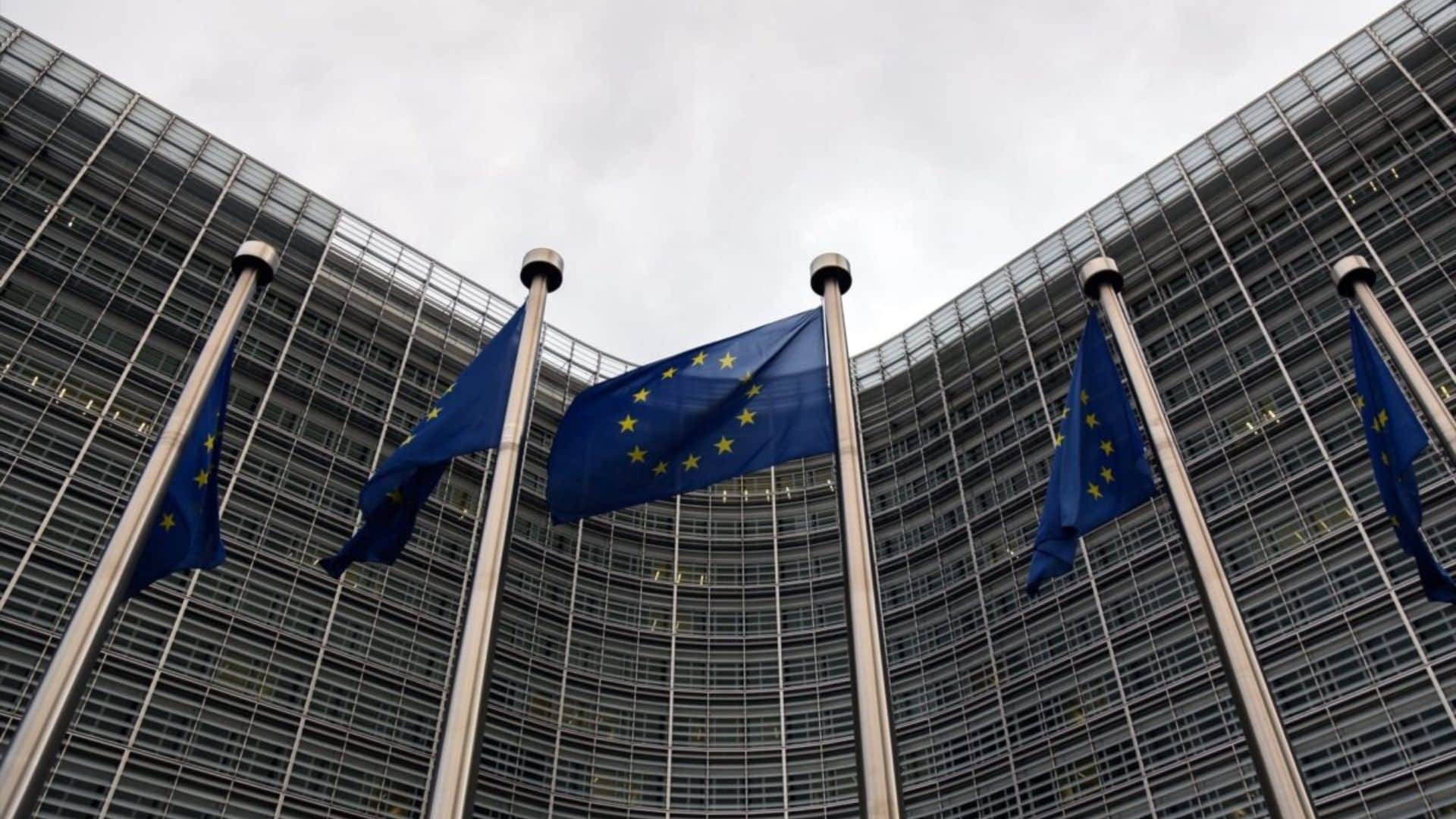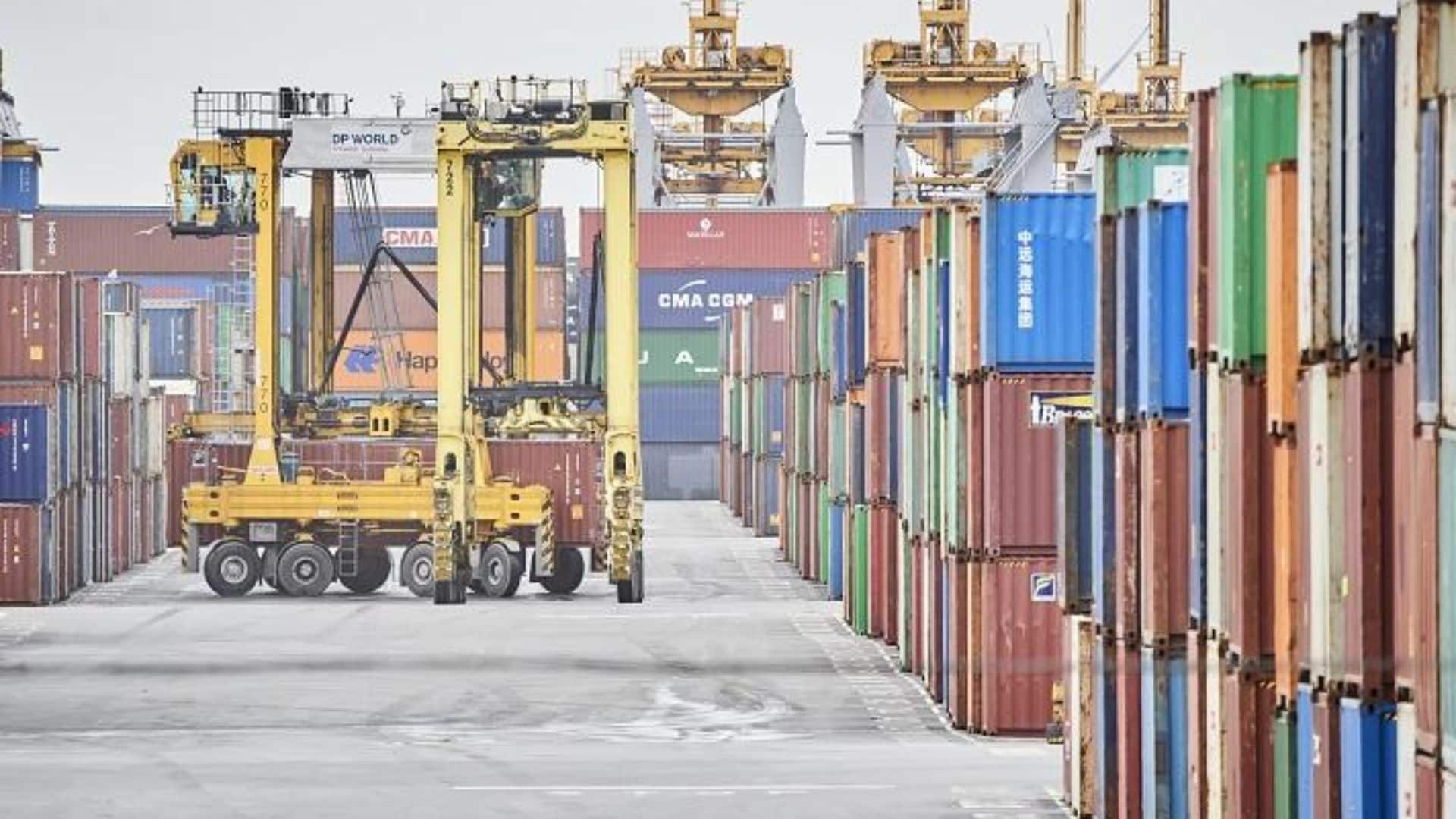
The Data Act comes into force today: what it means for you
The EU’s new Data Act comes into force today, improving data access in the EU market for individuals and businesses. In recent years, the Internet of Things has driven rapid growth in the amount of data available. The new regulations will encourage the use of data and ensure that it is shared, stored, and processed in full compliance with European rules.
Whether you are a citizen or a business, these new rules will improve our lives in various ways. For example:
Prices for post-sale services and repair of smart devices will be lower. Now, if your smartwatch breaks, you can request that any repair service, potentially cheaper than the watch manufacturer, access the data. Previously, only the manufacturer could access your data.
There will be new opportunities to use services that depend on data access. If you have machines from different manufacturers, you can now receive personalized advice from a company that collects data from these machines. Until now, each machine’s data was restricted by its manufacturer. This can be useful at home, allowing you to connect your thermostat to your garden sheds.
Better access to data collected or produced by a device.
For example, a bar owner wants to serve better coffee, and the coffee machine company wants to improve its product. Previously, only the company could access the data produced by the machine to design the next generation of coffee machines, but the bar owner could not access information such as the water temperature. The Data Act clarifies that both parties can access all data collected by the machine.
The Data Act also allows the public sector to access and use data held by the private sector to respond to public emergencies, such as floods and wildfires. It will also protect European businesses from unfair contractual terms in data sharing contracts, allowing small businesses to participate more actively in the data market.
The Data Act will start to apply in the EU in 20 months, on September 11, 2025.












